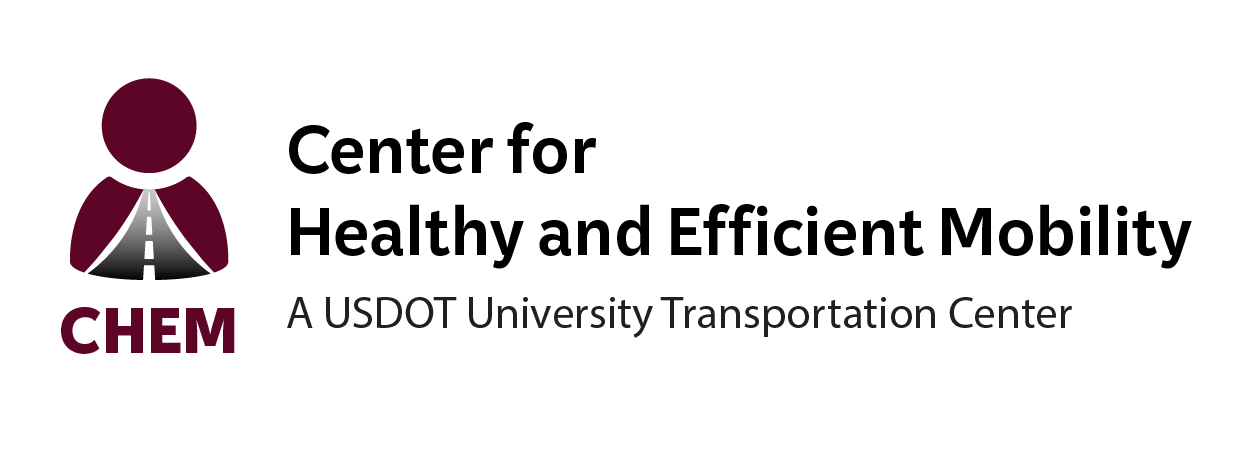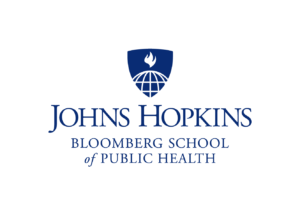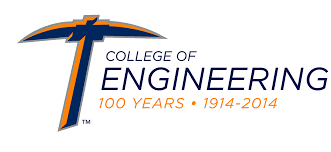 Ann Xu is no stranger to the Center for Advancing Research in Transportation Emissions, Energy, and Health (CARTEEH). While at the Georgia Institute of Technology (Georgia Tech), she played a key role in framing CARTEEH’s proposal and mission. She brings CARTEEH research experience, academic achievement and the natural curiosity of a problem solver.
Ann Xu is no stranger to the Center for Advancing Research in Transportation Emissions, Energy, and Health (CARTEEH). While at the Georgia Institute of Technology (Georgia Tech), she played a key role in framing CARTEEH’s proposal and mission. She brings CARTEEH research experience, academic achievement and the natural curiosity of a problem solver.
Dr. Xu has worked as a sponsor and an investigator for the U.S. Department of Energy. She also worked closely with numerous other agencies including, Department of Defense, Environmental Protection Agency, National Institutes of Health and local transportation entities. She has guided data-driven work for the Advanced Research Projects Agency- Energy (ARPA-E) and served as program director for TRANSNET, ARPA’s $15M portfolio on improving energy efficiency in transportation networks.
Growing up in China, Ann experienced severe air pollution first hand. Her desire to improve the environment influenced her academic and professional choices. She completed her undergraduate education at Peking University in Beijing, often referred to as “the Harvard of China”. Coursework in ancient Chinese, economics, math, chemistry, physics, statistics and biology set the foundation for her work in the diverse field of environmental science. She obtained her PhD at Georgia Tech, and later became research faculty there.
Ann sees two reactions to artificial intelligence and technology: “People are either obsessed or fearful. Balance comes from studying and understanding human nature. We deal with the perception of power and the allocation of resources in every age.” Ann describes herself as a curious person who enjoys learning. She typically reads three books a month, one on a technical subject, one on a strategic topic and one on the humanities. Recent reads include a history of the Middle East and a history of music. “All history tells the stories of human beings and human nature tends not to change much,” she notes.
The study of history has not made her pessimistic. On the contrary, Ann considers herself a “technological optimist.” While some researchers predict the common use of driverless cars in 10 to 20 years, Dr. Xu anticipates their common use in as little as 5-10 years. She notes three advantages of driverless vehicles: 1) Mechanical driving optimizes engine performance 2) Platooning improves aerodynamic efficiency of the same way flying birds form lines and 3) Driverless cars can be much lighter due to safety improvements.
Albert Einstein said, “The important thing is to not stop questioning. Curiosity has its own reason for existing.” CARTEEH is delighted to welcome Dr. Xu to the CARTEEH team. Her curiosity and expertise are a natural fit for our groundbreaking research on technology and humanity.




